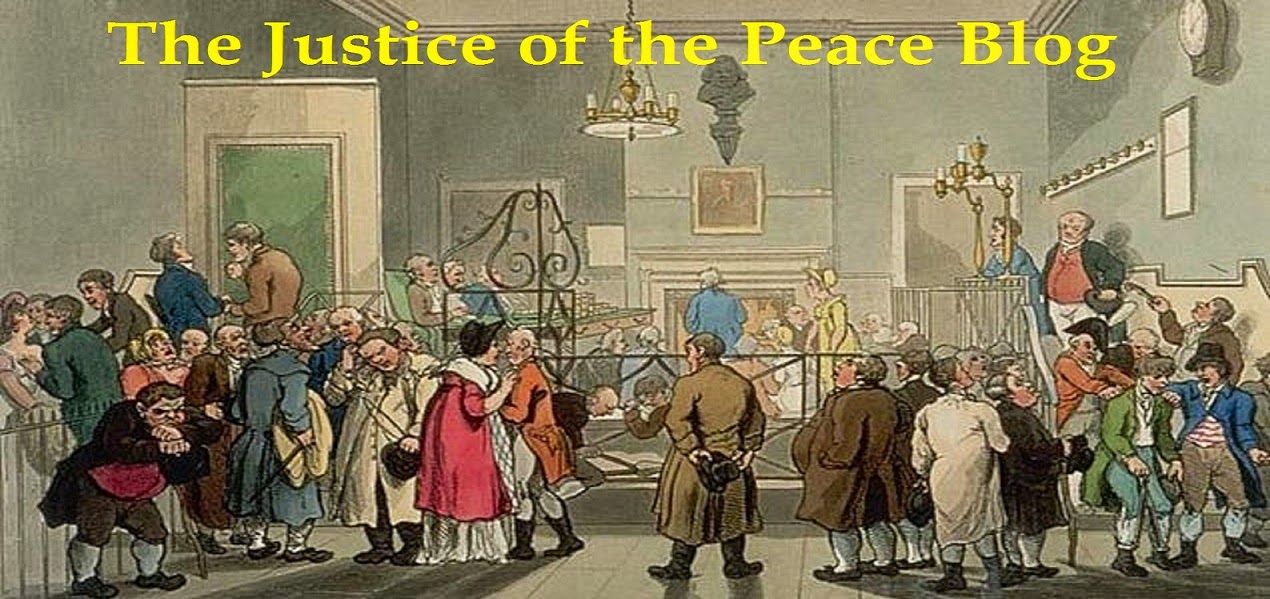In 2010 there was much attention paid to Lord
Judge, Lord Chief Justice and the judiciary`s then main man. And when he commented on the jury system
everybody listened. But critical comment
was………… pianissimo. The good lord had explained his discomfort in that jurors
might seek further knowledge from outside the courtroom when considering facts
pertaining to a case. In other words they might seek to increase their
knowledge by the common man`s most accessible source of information……the
internet……. which might offer many things but in general terms is an enormous
fantasamagorical library with an indexing system easy enough for Joe Blogs to
find in seconds eg the Italian musical term for playing softly. But in the good
old days only toffs and so called intellectuals had shelves full of books which
contained information that was or could be useful for or of interest to them. In effect the LCJ was complaining that
ignorant jurors trying to fulfil their task were seeking knowledge outside the
courtroom which others in their group might already have possessed by virtue of
their education, profession, general or specific knowledge or quite simply a
higher IQ.
Of course in those days old or good most such
folk declined to serve on juries; they were too busy or considered themselves
too important to judge their fellow man. Now that`s all changed and
everybody……..or is anybody a better description?……..can be chosen for jury
service. And that`s the point. There is no consideration of anybody`s
intelligence or ability to follow the performance, to appreciate the hurdle
“beyond reasonable doubt”, no test to ascertain the limits of anybody`s
understanding of the English language or anybody`s capability of balancing the
credibility of witnesses or the facility for anybody to comprehend a judge`s
summing up. Truly anybody can be a bit thick but then that`s why we have a jury
of twelve people who can be anybody. Of course under current attitudes
supposedly handed down from Magna Carta and modified for current times peer
review by any other term is what determines a defendant`s guilt or innocence.
Lord Justice Moses also entered this debate. He advocated that
trial judges should rule on matters of fact, and juries, instead of weighing
all the evidence as at present, should simply be given a list of questions to
answer. It is not unreasonable to infer that he was alluding to an inclination
that complex argument might be beyond the wit of some jurors. I agree. Members
of the legal profession were and are unlikely to be supportive. They would deny
that pecuniary interests serve their opinion. Magistrates at the very bottom of
the judicial pecking order are well acquainted with defendants on either way
matters selecting jury trial over summary trial; they consider that they are
more likely to be acquitted…..a statistic which is open to question. With crown
court legal aid rates higher than those at the lower court to dismiss legal
pecuniary interest out of hand in court matters would be presumptive in my
opinion. Universal jury
service is now an outmoded concept and sooner or later a senior member of the
judiciary, probably after retirement, will step into the public arena and say
so. This is not to say I am advocating judge[s] only courts……I am against the
practice of single District Judges acting in trials as both judge and jury. I
am suggesting that the concept of juries now constituted is not an 11th
commandment notwithstanding the recent paper Are Juries Fair? Another interesting paper taking a wide
historical perspective is A Historical and Comparative Perspective on the
Common Law Jury .
To bring the arguments forward five years, today`s Times
behind its paywall
reports that the outgoing government`s dying spasms included
the Criminal Justice and Courts Act and amongst other iniquitous features of that Act
it makes it incumbent upon judges to investigate during trials the possibility
of jury misconduct. The question will be
for the new government as to how much criticism by the judiciary it will take
to make amendments and for the judiciary how much it can be seen to oppose
parliament. 




